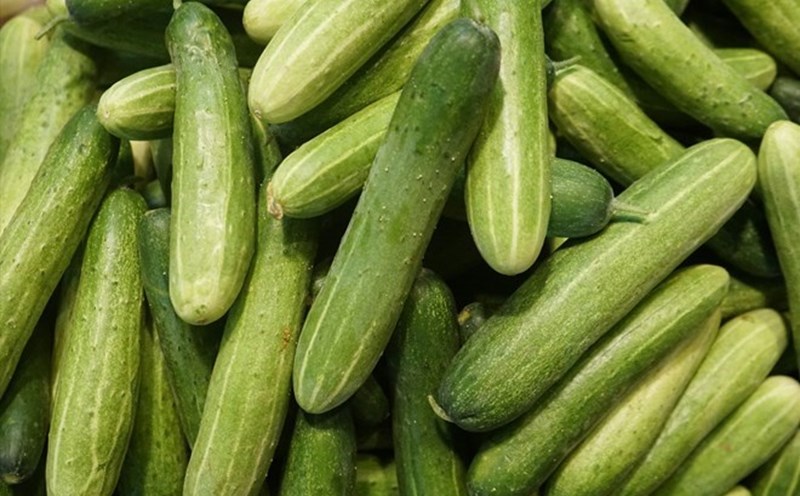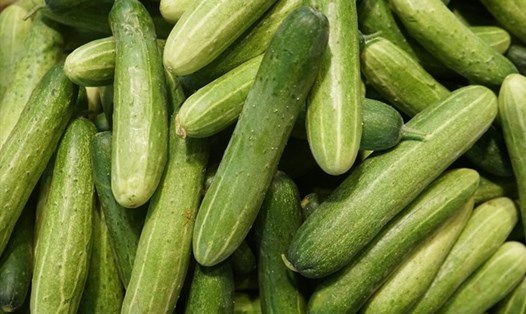Malabar spinach is not only a popular dish but also a natural “storehouse” of calcium. According to data from the USDA, 100g of Malabar spinach provides about 169mg of calcium, accounting for about 17% of the daily calcium needs of adults.
Malabar spinach also contains nutrients such as vitamin K, magnesium and phosphorus, which help the body absorb calcium more effectively.
A study in the Journal of Food Science and Technology showed that regular consumption of Malabar spinach not only improves bone density but also reduces the risk of calcium deficiency-related diseases such as osteoporosis and rickets.
In particular, Malabar spinach is also considered a safe food for the elderly and children, thanks to its easy digestion and rich fiber content.
Malabar spinach is also a significant source of calcium, with a content of 55 mg/100g, according to a WHO report. Although the calcium content is not as high as spinach, Malabar spinach contains a lot of natural mucus, which helps support the digestive system and increases the ability to absorb calcium.
Besides calcium, Malabar spinach also contains a large amount of vitamin A, vitamin C and iron, which helps improve overall health.
According to the European Journal of Clinical Nutrition, incorporating Malabar spinach into your diet not only supports bone health but also helps reduce the risk of cardiovascular disease thanks to its high antioxidant content.
How to use two vegetables to optimize nutrition:
Soup: Malabar spinach or Malabar spinach soup with minced meat or shrimp is not only delicious but also helps the body absorb calcium better thanks to the combination with protein.
Lightly stir-fried: Malabar spinach stir-fried with garlic is a nutritious dish that retains more calcium than when boiled.
Cook congee: Malabar spinach or Malabar spinach porridge is suitable for young children, helping to supplement calcium and necessary nutrients.
Long-term health protection effects:
Research from the National Osteoporosis Foundation has highlighted the role of a diet rich in green vegetables in reducing the risk of osteoporosis. Malabar spinach and Malabar spinach, thanks to their calcium and important micronutrient content, are two foods that are indispensable in a balanced diet.











